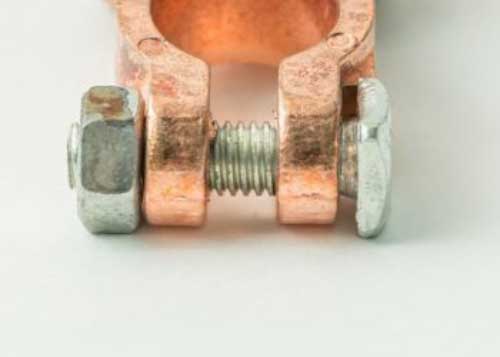
The differences between copper and aluminum contacts is probably not a topic at a dinner party, well, anywhere. It is, however, foremost on the minds of those who build electrical equipment, appliances, machinery and systems or if the person in question is an aluminum and copper extrusion supplier. To those people, the differences are critical to making sure whatever they are working on is a success. Here is a comparison of the two types of contacts and where each has the best application.
Weight
Aluminum weighs less than copper. Comparatively, it weighs much less. That makes it ideal for applications where overall weight is a factor. For example, aluminum is used in electric transmission and distribution lines because the lighter weight means fewer support towers are needed. In fact, most high-voltage wires are made of aluminum. The weight factor only plays a role with contacts many are used in the application or project. With space and footprint being a critical focus under most project management methodologies, aluminum or custom copper extrusions focused on weight reduction might be the preferred choice.
Carry Capacity
Aluminum carries about half of the current potential as copper. As such, copper is the better choice if the consideration is only electrical capacity per volume. Aluminum, however, carries more electricity if the key metric is capacity based on weight. Again, a copper extrusion manufacturer might be able to shed weight in the production process, but overall, aluminum is lighter, but has to handle a lighter load.
Practically, what all that means is that copper will be more resilient as a connector material, but aluminum offers less carry capacity, but could be the preferred choice if weight is the deciding factor. In applications where weight is of extreme importance, say in aviation, thousands of aluminum connectors versus the same in copper could make a defining difference. An example of when copper would make more sense is when the load the connector would be carrying was heavier than what an aluminum connector could carry if all other things were equal.
Longevity and Maintenance
It stands to reason that here again, load capacity is a deciding factor. If an aluminum connector will wear out quicker if exposed to a heavier load or if affected by dust, dirt and debris and change-out of components was an issue, copper is your better choice. If maintenance is not an issue or if the application has a high burn rate and thus the connector reliability does not matter, aluminum might be the better choice.
There are many factors that help determine if copper or aluminum connectors is the better option. Weight, load capacity and maintenance all factor in what you choose from your aluminum and copper extrusion supplier.
